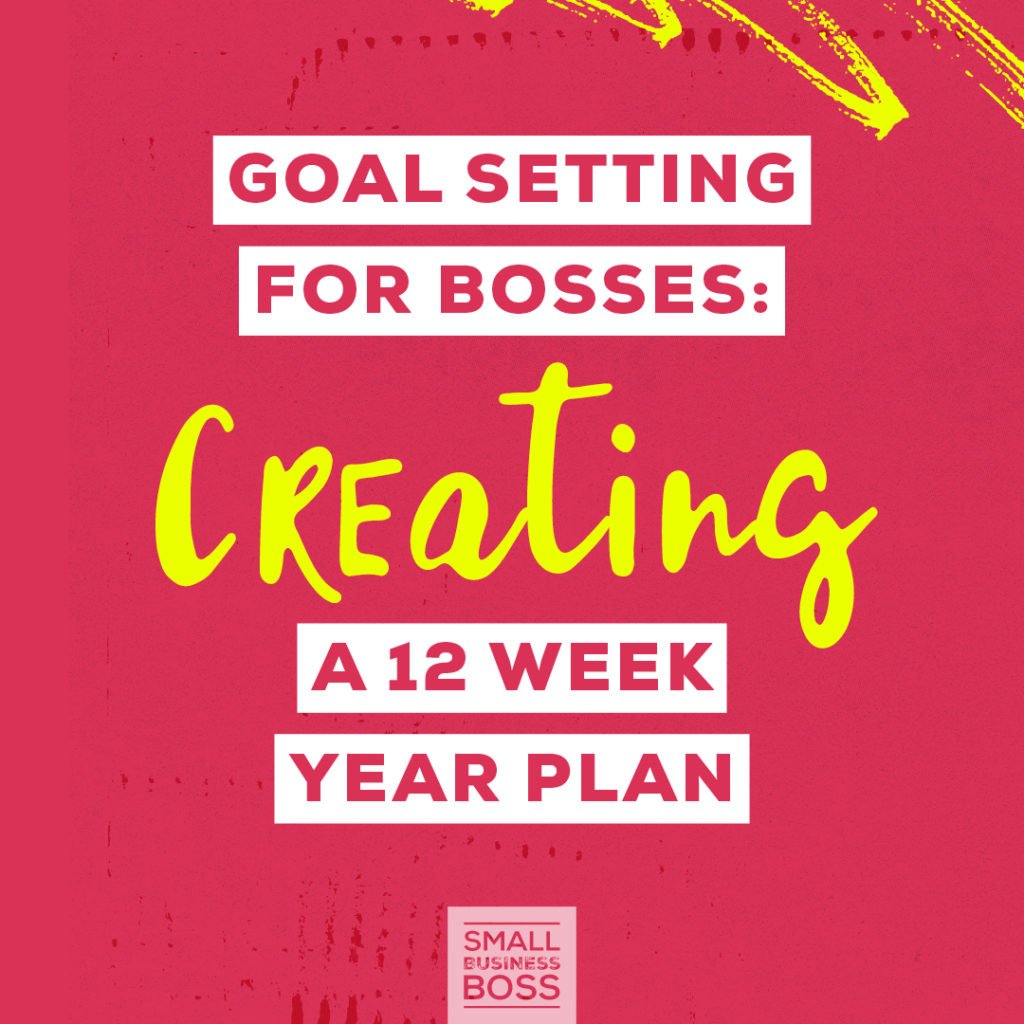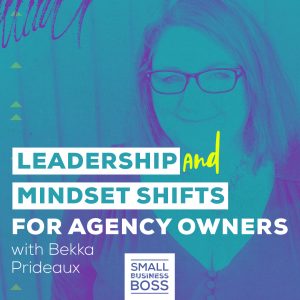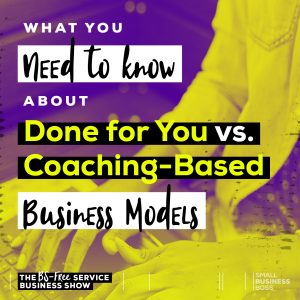
Search the site:
Goal Setting for Bosses: Creating a 12 Week Year Plan
As a boss, you have no shortage of ambition. After all, you’re doing this for a reason, and all of your dreams and goals need a way to become a reality. Enter how the 12 Week Year Plan — a way to get you laser focused, and make shit happen.
If you’re new to the 12 Week Year, it’s a book written by Brian Moran. It’s based on the concept that by setting goals in 12-week periods, you can get more done in 12 weeks than most people do all year.
Now, let me tell you, when I read this book three or four years ago, I was skeptical. I mean, I’m pretty productive, could I really get that much more done? Could this type of planning really make a difference?
The answer is a big fat yes. I’m a convert to 12 Week Year Plans after seeing how powerful they were in my business, and how they’ve positively impacted my clients. So much so that productivity and this type of planning is one of the building blocks of the Service Business Boss Success Map.
How 12 Week Year Planning Works
With the 12 Week Year, you treat each quarter of the year as a “year” when it comes to your planning.
Instead of creating an annual plan that gives you way too much whitespace and room to not get things done, with a quarterly 12 Week plan, you have to be very clear on your goal and what you need to do to make it happen.
This planning and productivity approach is based on the concept of periodization. The practice, first used by Olympic-level athletes, means you focus on a specific skill for a limited period before you move on to the next skill. You work on something intensely until you master it instead of jumping around from thing to thing.
This approach is perfect for those of us that work with clients since we have limited time to work ON the business, as our days are dedicated to our clients. By limiting our focus, we’re doing less and only working on what’s most important or strategic to growing the business.
Plus, the principles of accountability and commitment help to ensure follow-through as you choose to own your actions. It’s MUCH easier to do that because you’re intentional about where you’re spending your time.
The book also talks about the idea of greatness in the moment. This concept of greatness is something I consistently use to help me make the best choices on a daily basis so I stay on track with my plan. (This is really helpful when I get a brilliant new idea, as I realize it’s not a priority, and I’m able to put it aside for a future plan.)
How I Create My 12 Week Year Plans
I’m no stranger to annual planning, but I no longer do any meaningful planning for the year aside from setting a revenue goal and a theme word for the year. I prefer creating a new plan each quarter so I’m able to be flexible and address what’s really happening in my business (or life) in my plan.
About two weeks before the end of the quarter, I spend some time thinking about what I want to accomplish in the next 12-week period. Usually, I’ll write out all of the possible priorities, so I have a starting point for deciding what goes in my plan.
Typically, I have way too many goals that I’d like to accomplish, so I assess each one to figure out how to prioritize it. Learning the difference between what’s strategic for my business growth and stability and what’s simply busy work has been a bit of a learning curve, but each time I create a plan, it gets easier.
Having been through this process countless times for myself and with clients, I’ve discovered that you have to carefully limit your priorities. You need to curb the temptation to plan more than a few things for the quarter.
I aim to limit my priorities for the quarter to a total of three. If I add more than that, I tend to lose focus and spend time on things that aren’t critical during that period.
Then, for each of my three priorities or goals, I break out the specific actions I need to take month-by-month. The more you can take the big priority — such as making $20k a month in revenue — down to specific actions you can take on a daily or weekly basis, the more clear you’ll be on what you NEED to do.
To get the most out of your plan, take the time to distill down how many priorities or goals you have, and then break out actions to the micro level so you know what you need to be doing.
Putting Your 12 Week Year Plan Into Action
For your 12 Week Year Plan to have an impact on your business, you need to spend time on taking the required actions.
I know that sounds obvious, but in my experience, most of us are amazing planners. We love to plan. We can plan all day long.
Planning isn’t the problem; it’s the execution of said plan that we’re not quite as awesome at.
Being able to execute your plan when you work with clients really comes down to one core thing: scheduling a time block every single week for you to commit to working on your business.
When I talk to members of my mastermind or mentoring clients, this is one of the biggest struggles they face — figuring out when exactly they’re supposed to work on their own business, and not just client work. And I encourage them to address this issue as part of their 12 Week Year Plan.
If you currently don’t have a weekly time block in your schedule of at least two to three hours per week to work on your business, start by scheduling that in your calendar.
And if you keep setting aside time to work on your goals, but it keeps getting filled up with other things, I want you to know this is entirely normal. As a service business, we’re often tricked into thinking that being of service means being available to our clients every day, all day.
The secret to following through on working ON the business is scheduling the time block when you’re more apt to stick to it. This means not waiting until the weekend or cramming it into the post 9 p.m. time slot. Instead, schedule it during your workday when you’re going to make it a priority. (And NOT when you’re going to heed the siren call of Netflix or succumb to the demands of your clients.) You NEED to treat this time as sacred in your schedule. That means you don’t book client meetings, answer emails, or do any or all the things you tend to do to fill up that time.
You actively commit to sitting your booty down and doing the activities you mapped out in your plan. That’s the way you make progress and can move ahead with making your goals happen.

I’m Maggie Patterson (she/her), and services businesses are my business.
I have 20+ years of experience with client services, am a consultant for agency owners, creatives, and consultants, and vocal advocate for humane business practices rooted in empathy, respect, and trust.
Read or Listen to the Latest
For Solo Business Owners

Growing a solo service business is tough.
It’s even harder when you’re bombarded with BS advice that steers you away from your values and why you started your business in the first place.
This is the podcast for solo creatives and consultants who want to remain as a team of one and have zero interest in the hustle and grind of typical business teachings.
Subscribe now and never miss an episode.
For Micro Agency Owners
Most podcasts for agency owners obsess over revenue growth as the ultimate success metric.

But here’s the truth: not everyone wants to make millions. Your goal might be to build a sustainable business that lets you have a life and doesn’t run you into the ground.
Join me as I spill my shameless confessions and share everything I’ve learned about building a micro agency that skips the BS of tired and typical agency teachings.
Follow Now on All Major Podcast Platforms








